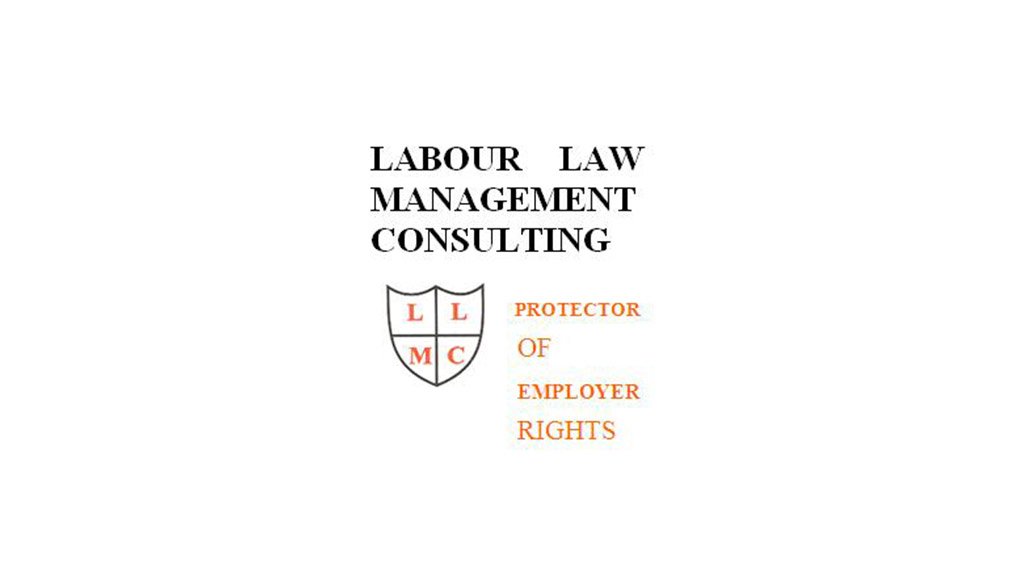Too many employers are still unskilled in dealing both effectively and legally with poor performance and misconduct. Such employers look for other ways of getting rid of unwanted employees.
This breaches the law that lays down the corrective/disciplinary processes to be used in such cases and prohibits misuse of other termination methods such as retrenchments.
Many employers cull undesirable employees by declaring jobs redundant and placing the incumbent employees in a ‘redundancy pool’ or ‘redeployment pool’.
The employer then requires the pooled employees to apply for vacant posts but turns down the applications of the targeted ‘undesirables’.
The practice of ‘pooling’ might succeed if the employer can prove that the pooling and the redundancies are legally justified in the prevailing circumstances, that there are no hidden agendas and that the employees concerned have agreed to the pooling option. However, this approach bears so many pitfalls and is so open to misuse that I strongly advise employers to avoid it.
A case that illustrates this point is that of Oosthuizen vs Telkom SA Ltd (2007, 11 BLLR 1013). Ooosthuizen was an engineer with 30 years of service.
During a staff cut-back exercise his job was made redundant and he was placed in a redeployment pool with the agreement of his trade union. He then applied for 22 vacancies at Telkom but, although he was short-listed for some of them, he was unsuccessful with all of them. When he was retrenched he claimed that this was unfair as the employer had not consulted with him.
The Labour Court found that the employer had no obligation to consult with him as they had consulted with his trade union. The court therefore found the retrenchment to be fair. Oosthuizen therefore appealed to the Labour Appeal Court where it was found/decided that:
- Employers are obliged not to retrench employees if this can be avoided.
- The employer had offered to retrain the employees in the redeployment pool but had failed to retrain Oosthuizen.
- It is unfair to retrench an employee whose job could have been saved via minimal retraining.
- The employer had brought no evidence as to why the employee had been unsuccessful with his 22 job applications.
- The fact that the employee had been short-listed for some of the jobs suggested that he had the basic qualifications required for those jobs.
- In choosing Oosthuizen for retrenchment the employer had applied the criterion of required skills despite having agreed to apply the criterion of LIFO (last-in-first-out).
- The employer, in deciding to choose the employee for retrenchment had completely ignored his 30 years of service.
- The above meant that the employee may have been rejected for the vacant posts on arbitrary grounds.
- The employee had belonged to a trade union and therefore would normally not have been entitled to individual consultations with the employer. However, the employer had conceded that the employee was a manager and the employer’s normal practice was to consult directly with managers on the retrenchment list even if they belonged to a trade union.
- While the employer had entered into consultations with the employee’s trade union it had failed to consult on the issue of the criteria for deciding which employees should be placed into the redeployment pool.
- No evidence was led to justify the employer’s decision to require the employee to apply for new positions alongside colleagues with shorter service than his.
- As a result the retrenchment was procedurally and substantively unfair.
- The employer was to reinstate the employee with 12 months’ back pay.
- Should the reinstatement result in an extraneous employee the employer would have to consider retrenching another employee.
- The employer was required to pay the employee’s appeal costs.
This case reinforces the fact that the courts are now placing a much tougher test than ever before on the question as to whether the employer is entitled to retrench employees. This means that hidden agendas are more likely to be uncovered and punished.
Written by lvan lsraelstam, Chief Executive of Labour Law Management Consulting
EMAIL THIS ARTICLE SAVE THIS ARTICLE
To subscribe email subscriptions@creamermedia.co.za or click here
To advertise email advertising@creamermedia.co.za or click here











